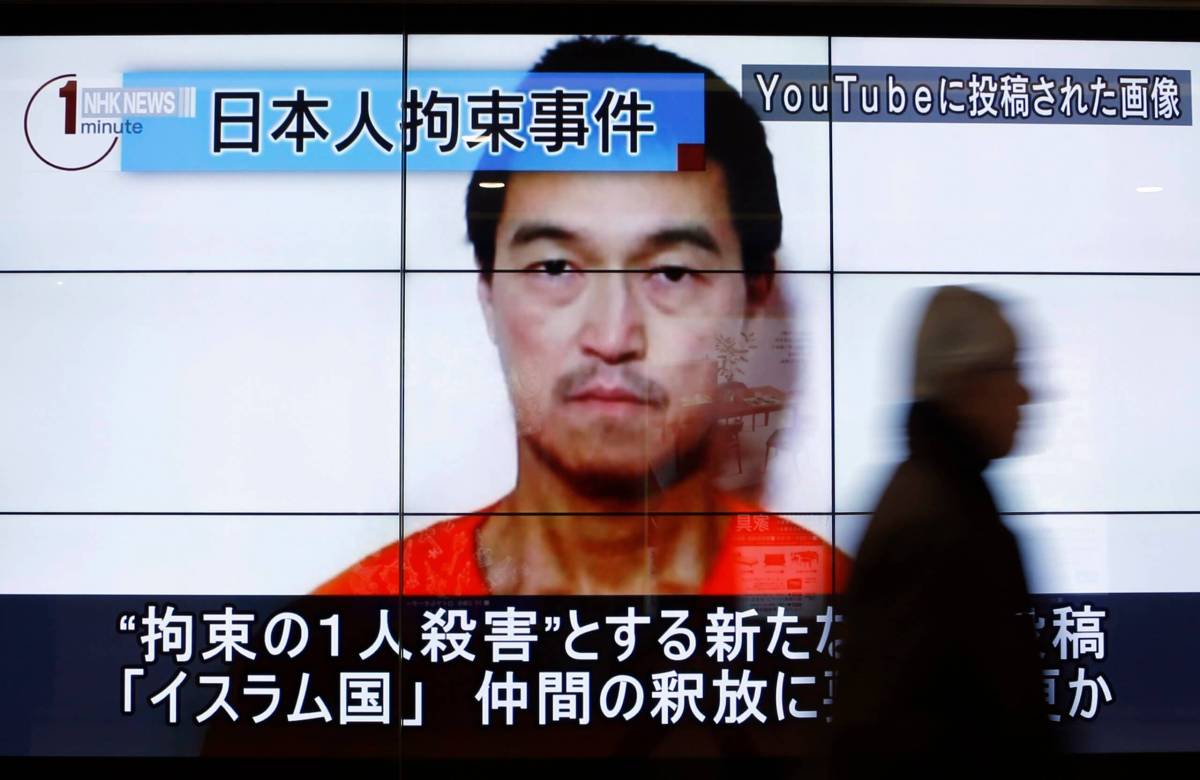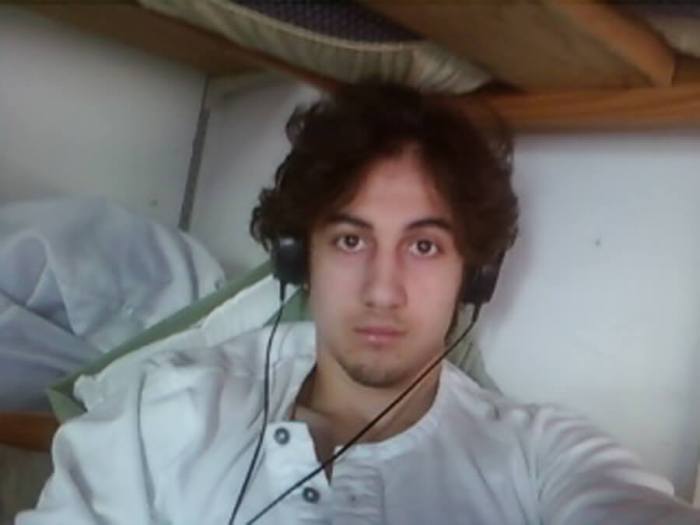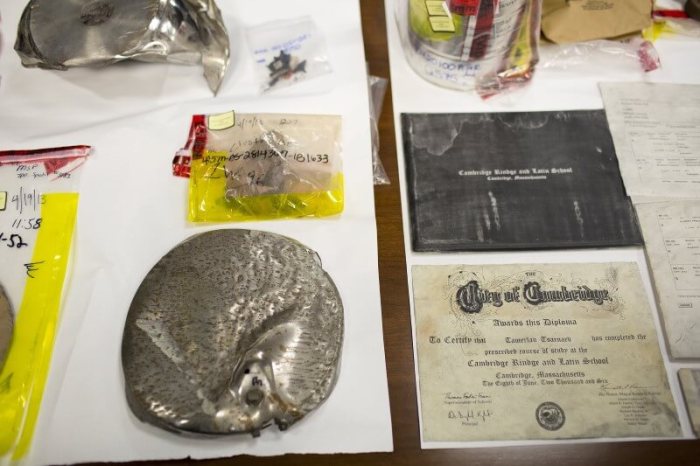Reuters –The mother of Islamic State captive Kenji Goto appealed for his life on Wednesday after a new video appeared to show the Japanese journalist saying he had 24 hours to live unless Jordan released a would-be suicide bomber. The voice on the video added that another hostage, Jordanian pilot Muath al-Kasaesbeh, had a shorter time to live. Japan confirmed the existence of the video at 11 p.m. on Tuesday.
The voice said Goto would be killed unless Jordan freed death row inmate Sajida al-Rishawi, an Iraqi woman held by Jordan for her role in a 2005 suicide bombing that killed 60 people in Amman.
“Please save Kenji’s life. I call on you to work with all your strength in negotiations with the Jordanian government,” Goto’s mother, Junko Ishido, said in a letter to Prime Minister Shinzo Abe that she read out at a news conference. “His remaining time is very short … I beg you to do everything in your power,” Ishido said, reiterating that her son was not an enemy of Islam.
Abe said the latest video was “despicable”. He called on Jordan to cooperate in working for Goto’s quick release, but vowed Tokyo would not give in to terrorism.
Reuters could not verify the authenticity of the video, but Chief Cabinet Secretary Yoshihide Suga said it appeared to show Goto. The voice on the video resembled that of Goto in an earlier video over the weekend which the Japanese and U.S. governments believed was authentic. If verified, the video would be the third involving the 47-year-old Goto, a veteran war reporter.
The hostage issue is the deepest diplomatic crisis Abe – who must tread a fine line between appearing firm but not callous – has faced in just over two years in office.
“While making every effort to contribute proactively to world peace and stability without giving in to terrorism, we will exert all means to prevent terrorism in our country,” Abe told parliament’s upper house. PRESSURE MOUNTS ON JORDAN GOVT
Japanese Foreign Minister Fumio Kishida earlier told reporters that Tokyo was making every effort in close coordination with Jordan to secure the captives’ release, but he declined comment on the content of those discussions. Bassam Al-Manaseer, chairman of the foreign affairs committee in Jordan’s lower house of parliament, said in an interview with Bloomberg news agency in Amman that Jordan was in indirect talks with Islamic State to secure the release of Goto and Kasaesbeh. He said the talks were taking place through religious and tribal leaders in Iraq. “We hope to hear good news soon,” Manaseer was quoted as saying.
Several hundred people, including relatives of the Jordanian pilot, gathered in front of the office of Jordan’s prime minister late on Tuesday, urging the authorities to meet the demands of Islamic State and release al–Rishawi to save the young pilot’s life. Kasaesbeh was captured after his jet crashed in northeastern Syria in December during a bombing mission against the militants.
Goto went to Syria in late October in order, according to friends and business associates, to seek the release of Haruna Yukawa, his friend and fellow Japanese citizen who was captured in August.
In the first video released last week, a black-clad masked figure with a knife said Goto and Yukawa would be killed within 72 hours if Japan did not pay Islamic State $200 million. The captor resembled a figure from previous Islamic State videos whose British-accented threats have preceded beheadings. A video on Saturday appeared to show Goto with a picture of a beheaded Yukawa, saying his captors’ demands had switched to the release of al-Rishawi.
“Time is now running very short,” the latest video said, with an audio track over a still picture that appeared to show Goto holding a picture of the pilot.
Officials involved in the crisis say Tokyo knew for months that Islamic State militants were holding two Japanese men captive, but appeared ill-prepared when the group set a ransom deadline and purportedly killed one of them. Opposition parties have largely refrained from criticising the government, but its response to the crisis is bound to figure in a coming debate over military policy that could in future allow Japan to offer logistical support for campaigns like the U.S.-led bombings in Syria.
ISIS hostages given 24 hours unless would-be suicide bomber is released

REUTERS/Yuya Shino

























